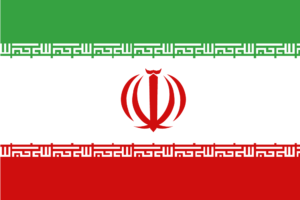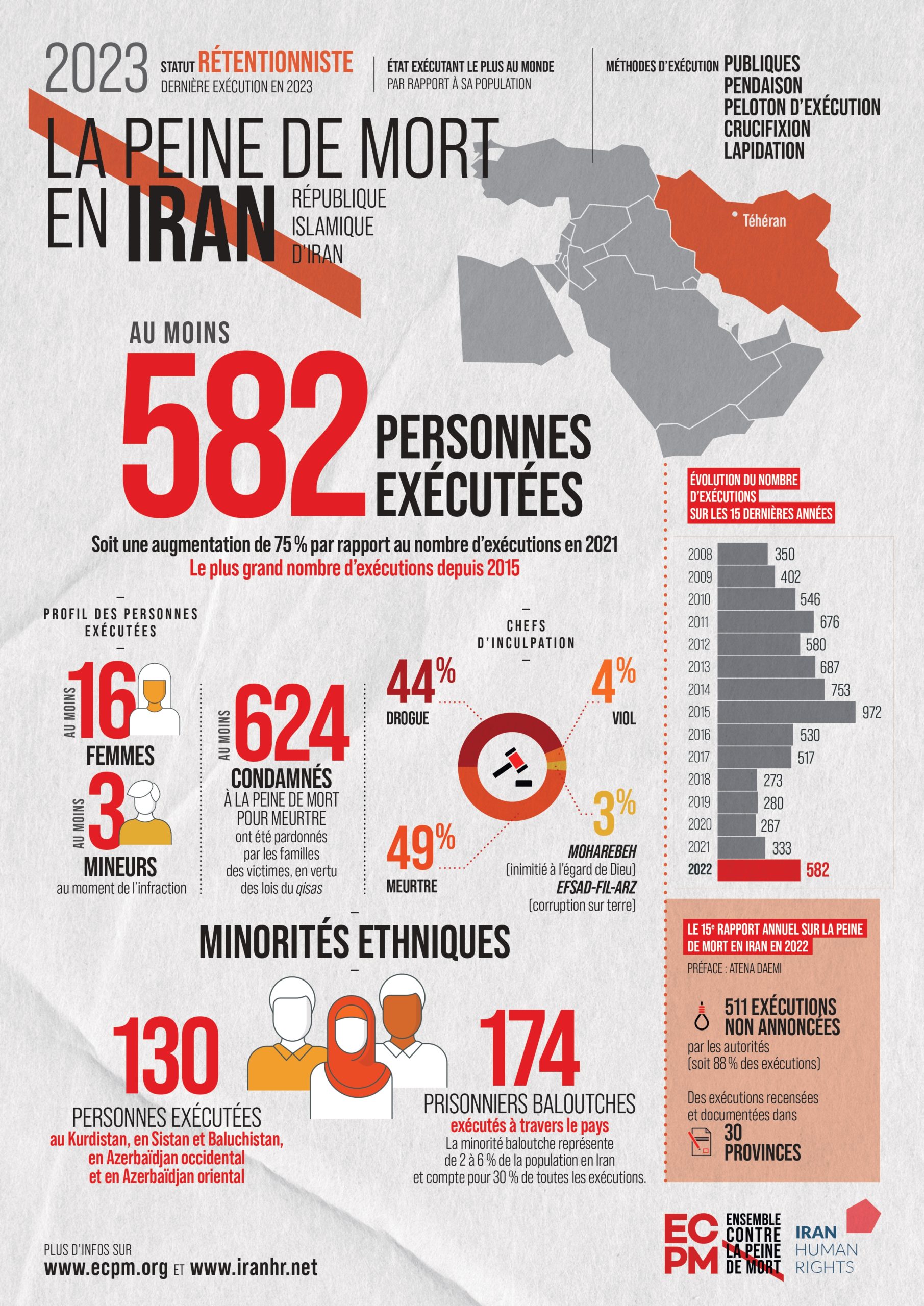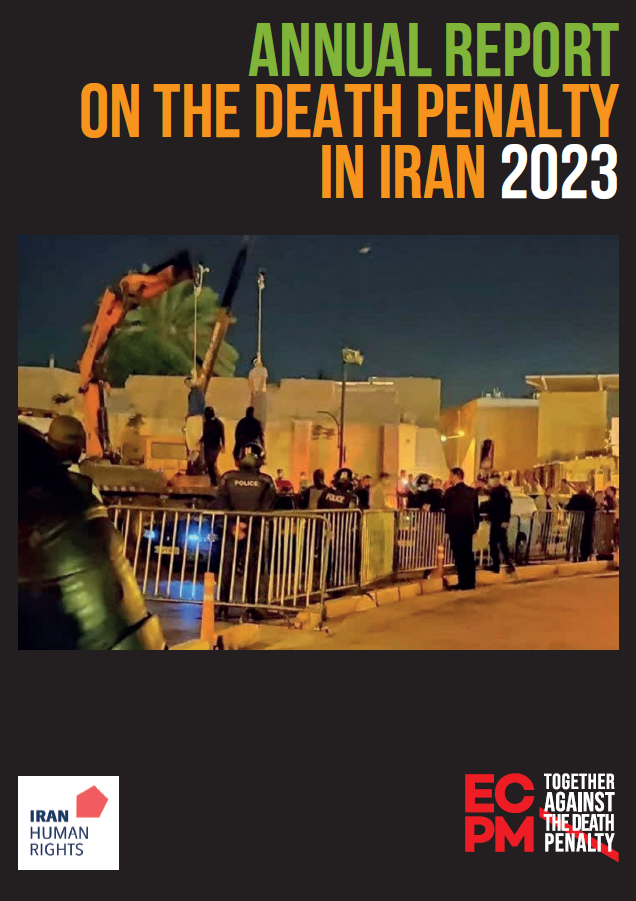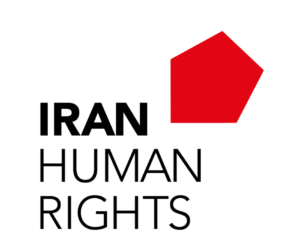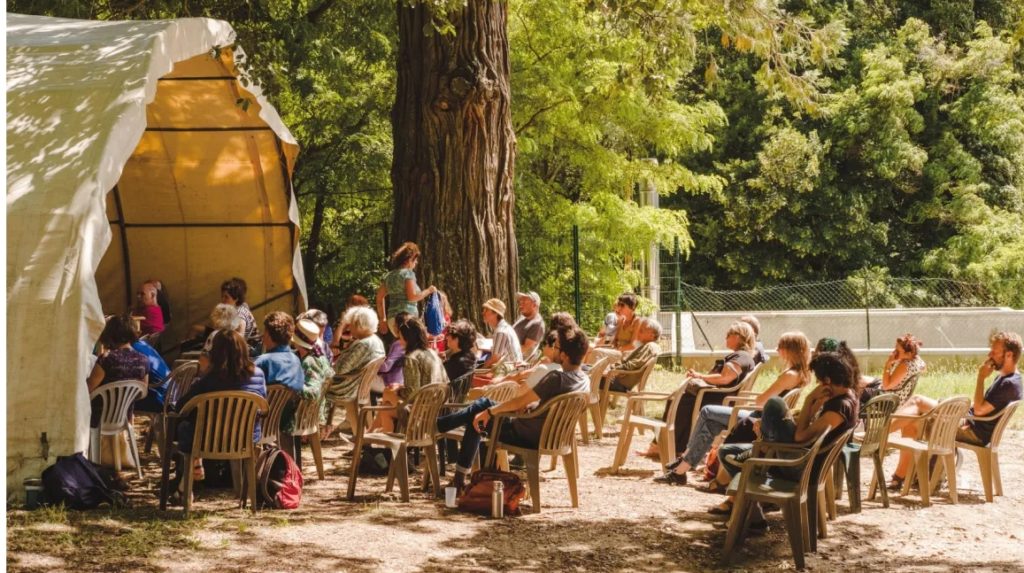
Our societies judge the person imprisoned, their fault, their deviance, their offence, sometimes their non-conformity to social norms or their political dissidence. They think it is right to set them aside to protect themselves and, why not, to make them suffer in the process, to push them towards the invisible margins of our territories. There is only one step from the margins to exclusion, and sometimes it comes close to barbarism.
Édito 2024, Concertina
“The law of Talion”: ECPM workshop
Co-created by Prison Insider and ECPM, the “Law of Talion” workshop offered an opportunity to discuss the consequences of capital punishment for the families of convicted prisoners. On this occasion, Shole Pakravan shared her testimony. Shole’s daughter was executed in 2017, after seven years of relentless struggle against the regime that had sentenced her to death. Accused of murdering a senior member of the Islamic Guard who tried to rape her, Reyhaneh Jabbari was executed when all appeals had been exhausted.
Under Iran’s Islamic Law of Talion, murder is punishable by death. All those convicted of murder are sentenced to death by the courts. Then, the choice of whether or not to execute the condemned person is in the hands of the murdered person’s family. Capital punishment is not carried out if the victim’s family or relatives agree to pardon the person or receive financial compensation.
Shole Pakravan’s portrait
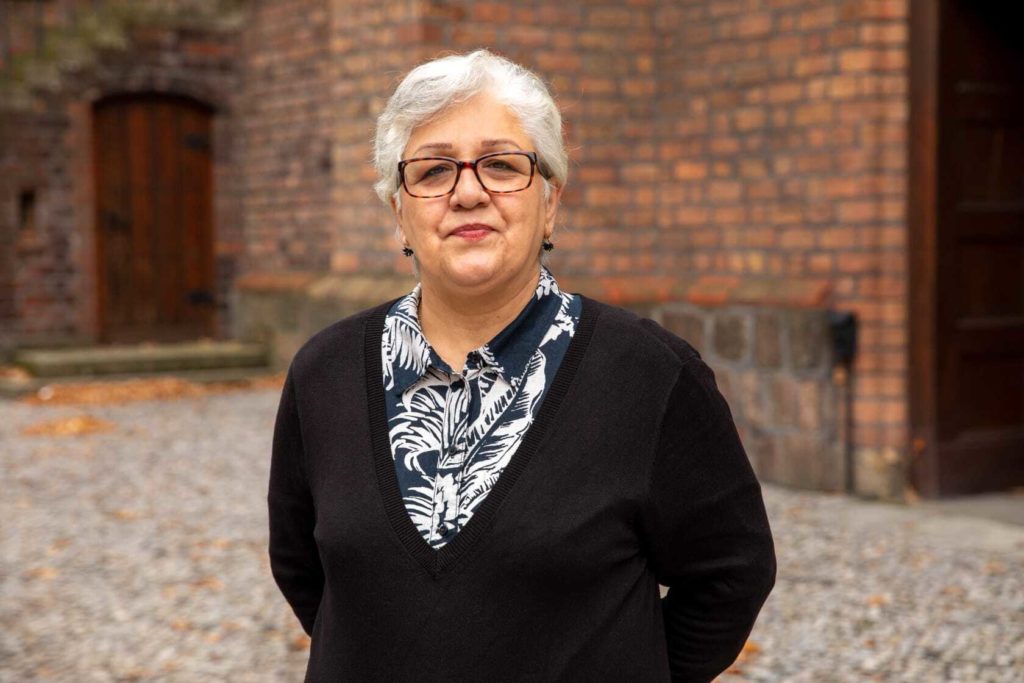
Shole Pakravan is an Iranian human rights activist who now lives in Germany. Nowadays, Shole recounts how her daughter’s strength remains anchored within her, and remembers her determination to concede nothing to the regime: in particular, she refused to allow the family of her attacker to write a letter in which she would have confessed to lying when she denounced the violence she had had to defend herself against. Shole transmits this strength to the young people she meets around the world, encouraging them to join the fight to abolish the death penalty, even with the smallest actions: “small streams make big rivers”, she insists, “just as violence, peace spreads beyond borders”.
You know, my daughter’s suffering is over, but mine and our family’s is still very much alive. We carry it in our flesh. I want people to realize that it’s not just one person who dies in an execution: the family dies with it. Western countries should consider that the death penalty in Iran concerns them too.
Shole Pakravan
The death penalty in Iran
For many years now, the Islamic Republic of Iran has been the country with the highest number of executions per inhabitant. Since the 1979 revolution, the death penalty has been regularly used by the authorities as a tool of political repression. The many convictions since the uprising triggered by the death in custody of Mahsa Amini in September 2022 are terrifying proof of this. Central figures in the Iranian population’s resistance, many women are now being executed for having attempted to resist the aggression to which they are subjected. As part of its work, ECPM publishes an annual report on the practice of the death penalty in Iran, in partnership with the Iranian association Iran Human Rights.

